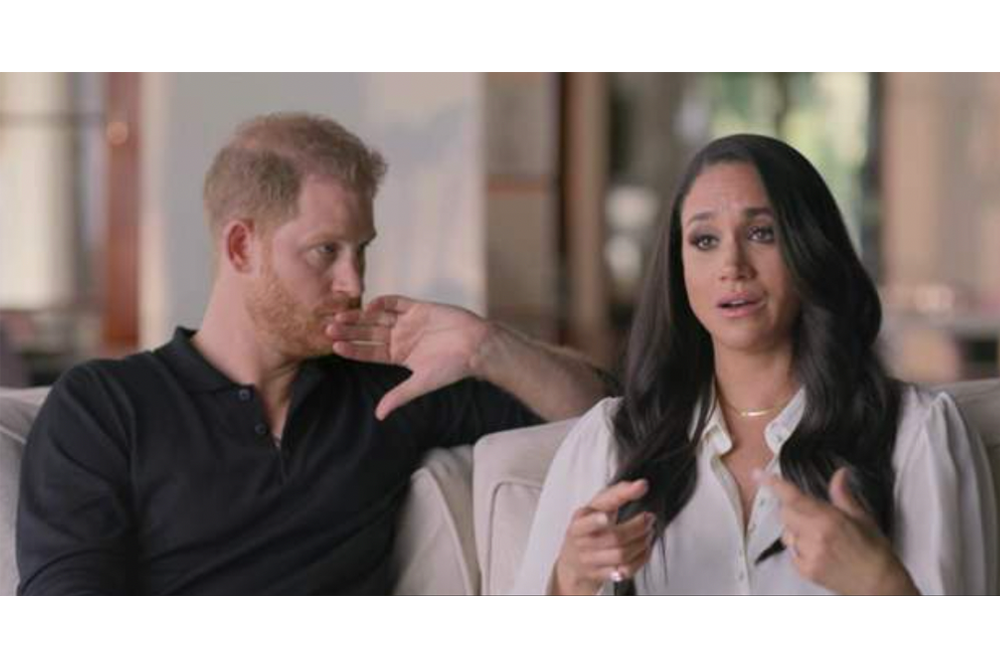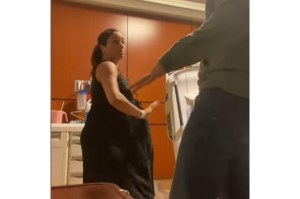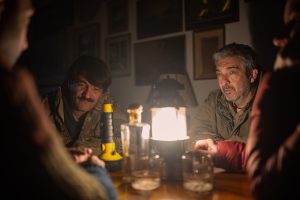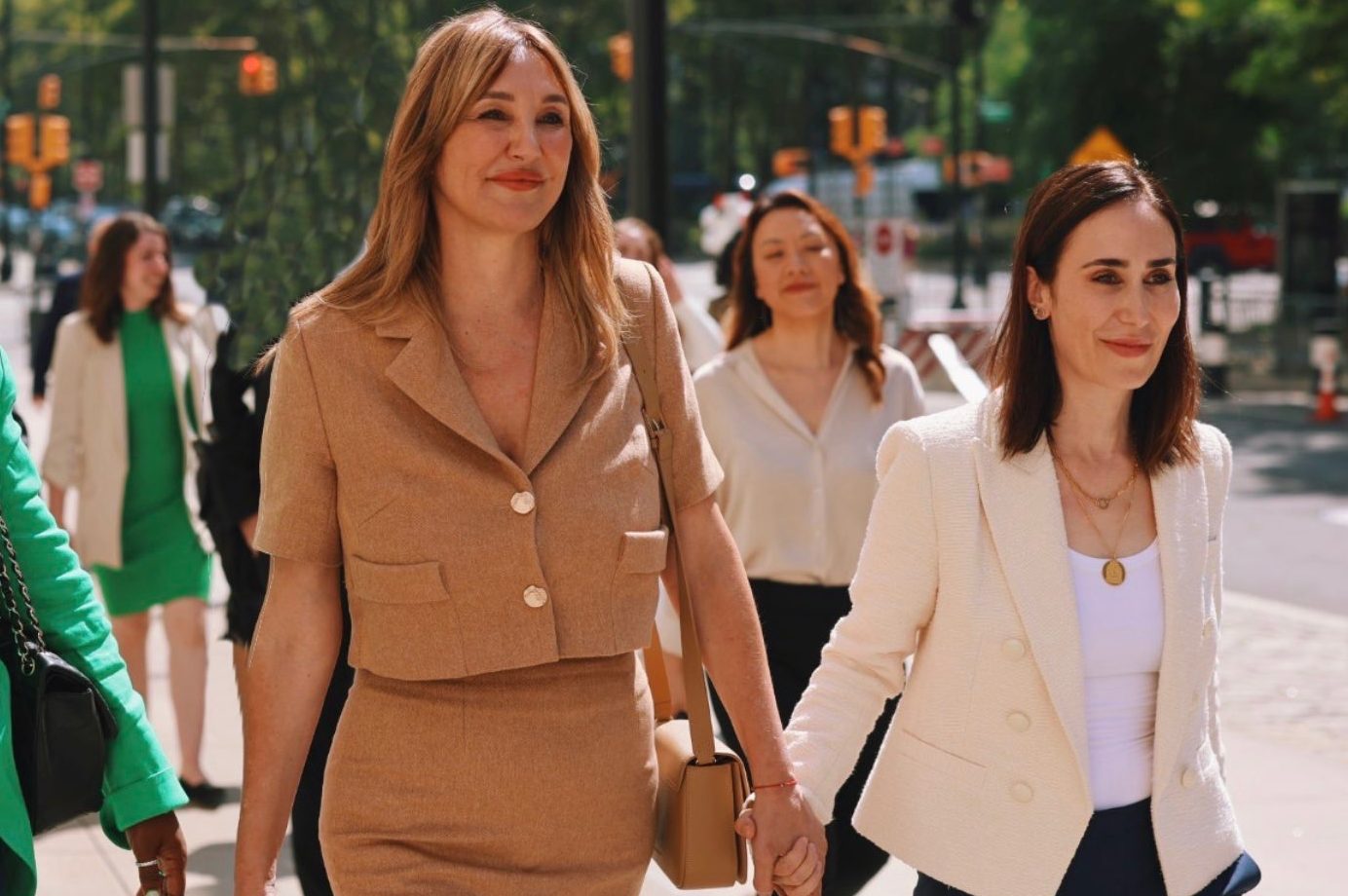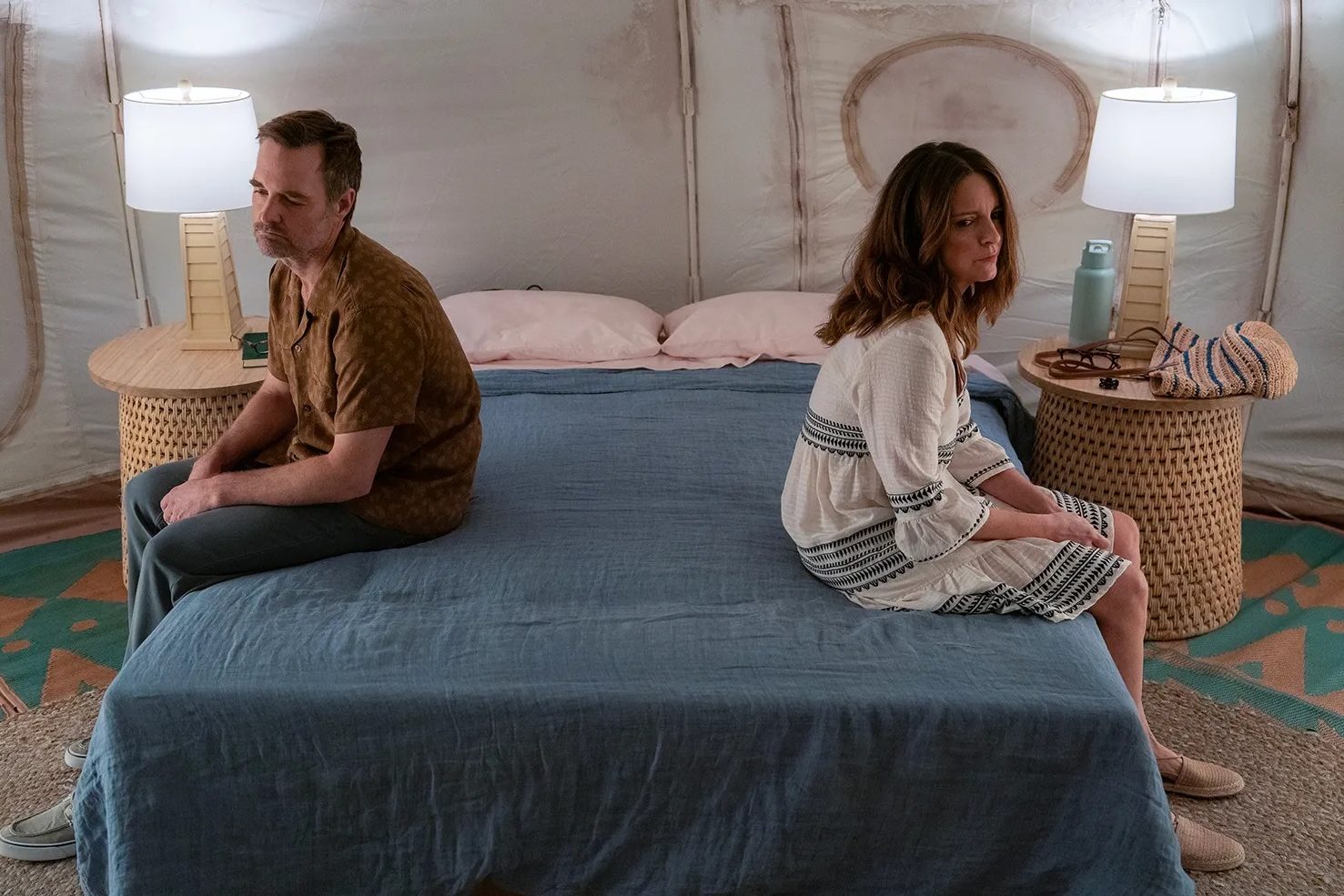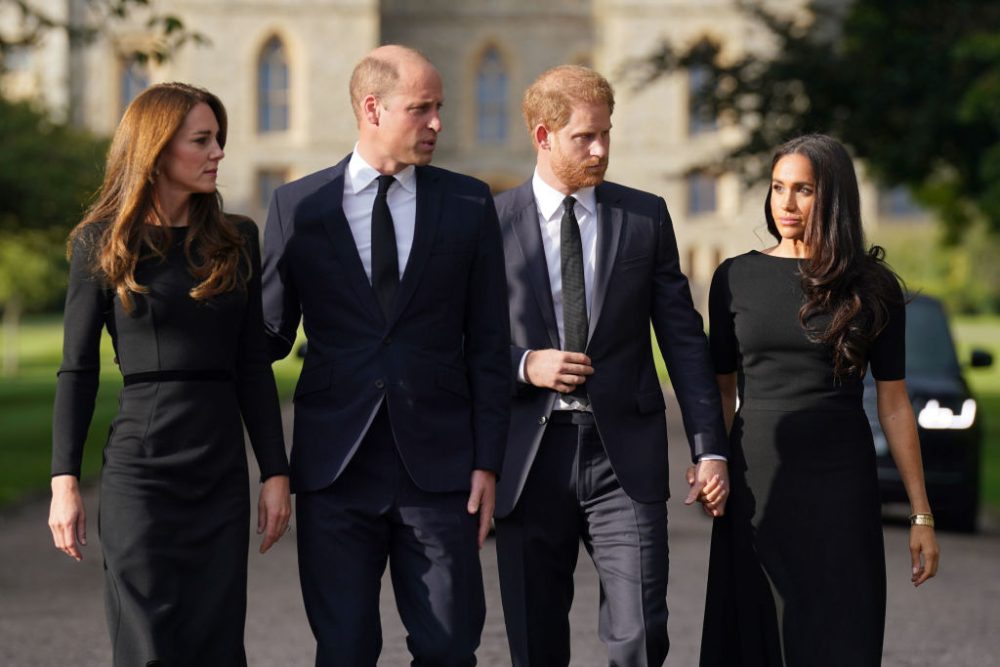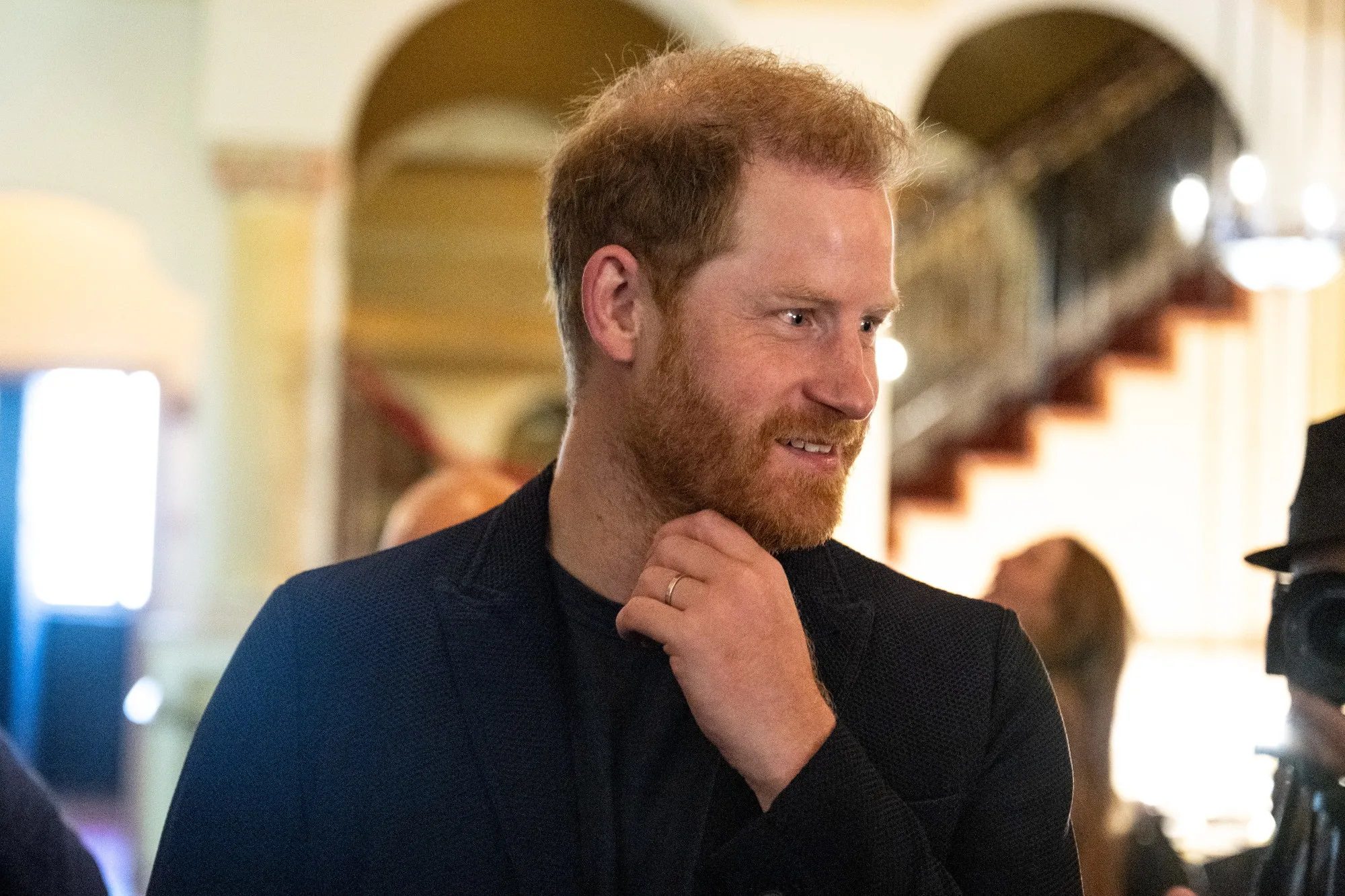At the end of the sixth episode of the interminable, grotesquely self-indulgent wallow in self-pity and score-settling that constitutes Netflix’s Harry and Meghan, a single thought dominates: we’ve been had.
After all the months of hype and expectation, building up to a frenzy over the past few weeks — with every trailer for the show being scrutinized as if it was going to reveal some dark secret — the final judgment on this deeply unimpressive, prurient series has to be that it is nothing more than a cynical exercise in presenting a deeply partisan account of two obviously troubled and unhappy people’s lives: their truth, if you will.
From an entertainment perspective, if that’s the appropriate expression, the second batch of episodes is slightly more watchable than the first one. The media are criticized again, with the Daily Mail blamed for Meghan suffering a miscarriage. But the promised full-frontal attack on the British royal family has now arrived, with every senior member of “the Firm” targeted either implicitly or explicitly. Even the Queen is presented as a dupe, agreeing to a meeting with Harry to discuss his concerns about his and his wife’s treatment by the media and then backing out of it, saying: “I’ve been told I’ve been busy all week.”
Charles, meanwhile, emerges as little other than nefarious, being blamed for leaking the news that his son was intent on leaving the country and giving up his title in the process. And William is painted unfairly as deeply duplicitous, prizing loyalty to the institution over his brother.
On and on it goes. There is much talk about ticking clocks, and of urgent meetings, and of intimate private situations playing out in public. Meghan states at one point:
I wasn’t just being thrown to the wolves, I was being fed to the wolves.
The arc of the narrative as presented here is a simple one; the royal family is so intent on its own survival that it will do anything to maintain the status quo, including sacrificing the man who was once third in line to the throne in the process. This narrative goes unchallenged and is backed up by every single interviewee. At one point, the lawyer Jenny Afia explicitly states:
There was negative briefing from the Palace against Harry and Meghan to suit other people’s agendas.
The dramatic string ostinatos recall the score to The Crown, another Netflix show much criticized for its elastic relationship with the truth. Perhaps appropriately, we hear about their celebrity friends. (“Beyoncé texted.”)
Watching Harry and Meghan is a depressing and grubby experience. It is impossible to deny that the couple have faced a level of hatred and contempt that must be virtually unparalleled in public life, and that the ruthlessness of their actions — including, of course, their participation in this series — has to be viewed through the prism of two angry people who are seeking to take back control of the narrative.
Yet the absence of any balance, any dissenting voice or any wider perspective feels even more conspicuous in this tranche of episodes than the first. The royal family have made it very clear that they will not be commenting on the allegations made against them, and that its senior members will not be watching the series. They were probably right to do so. But one imagines that many Netflix accounts at Buckingham Palace and Windsor Castle will be surreptitiously switched on over Christmas, nonetheless. Let me save them the time: this is even worse than they can imagine.
“Most people need to find someone to blame,” Meghan says at one point. It’s about the only empirically accurate thing that is said during the course of this tone-deaf show. As it draws to a merciful close, full of cringeworthy sentimentality, it is impossible to forget the Queen’s dignified, pointed statement made in the wake of the similarly scandalous Oprah Winfrey interview, which is read out on camera at one point: “Some recollections may vary.”
On this evidence, they certainly do. Is it too much to hope that this is the end of the story? Fat chance of that: Harry’s memoir Spare comes out next month. This miserable circus, which compromises everyone from the ringmaster to the clowns, shows no sign of coming to an end any time soon.
This article was originally published on The Spectator’s UK website.



